Disclosure: This article contains affiliate links. We may earn a commission from purchases at no extra cost to you, which helps our travel content.
Standing in Gitega's central market, watching artisans shape traditional clay pots with the same precision I apply to metal components back at my workshop in Indianapolis, I felt an immediate connection to this place. Burundi's heartland isn't on most backpackers' radars, but that's exactly why it should be on yours. This former colonial capital offers a raw, authentic glimpse into Central African culture without the price tag of more tourist-heavy destinations. ¡Qué maravilla! What a marvel to explore a place where your dollars stretch further and genuine cultural exchanges aren't commodified for visitors.
Navigating Gitega: Transportation Hacks for Budget Travelers
Getting to Gitega from Bujumbura involves a fascinating journey through Burundi's mountainous terrain. The 100km distance can be covered for under $5 using the local matatus (minibuses) that depart regularly from the capital. These packed vehicles might lack AC, but they provide an authentic immersion into local life—and the views are spectacular.
Once in Gitega, walking is your budget-friendly best friend. The city center is compact enough to explore on foot, with most attractions within a 30-minute radius. For longer journeys, motorcycle taxis (motos) cost around 1,000-2,000 Burundian Francs ($0.50-$1) per trip. Always negotiate before hopping on!
During my week-long stay, I splurged on one day trip to the nearby Gishora Drum Sanctuary. Rather than booking through my guesthouse, I arranged transportation with a local driver I met at the market, saving nearly 40% on the excursion. The mechanics of social connections often function like well-oiled gears—invest time in building relationships, and the dividends pay off in both cultural understanding and budget savings.
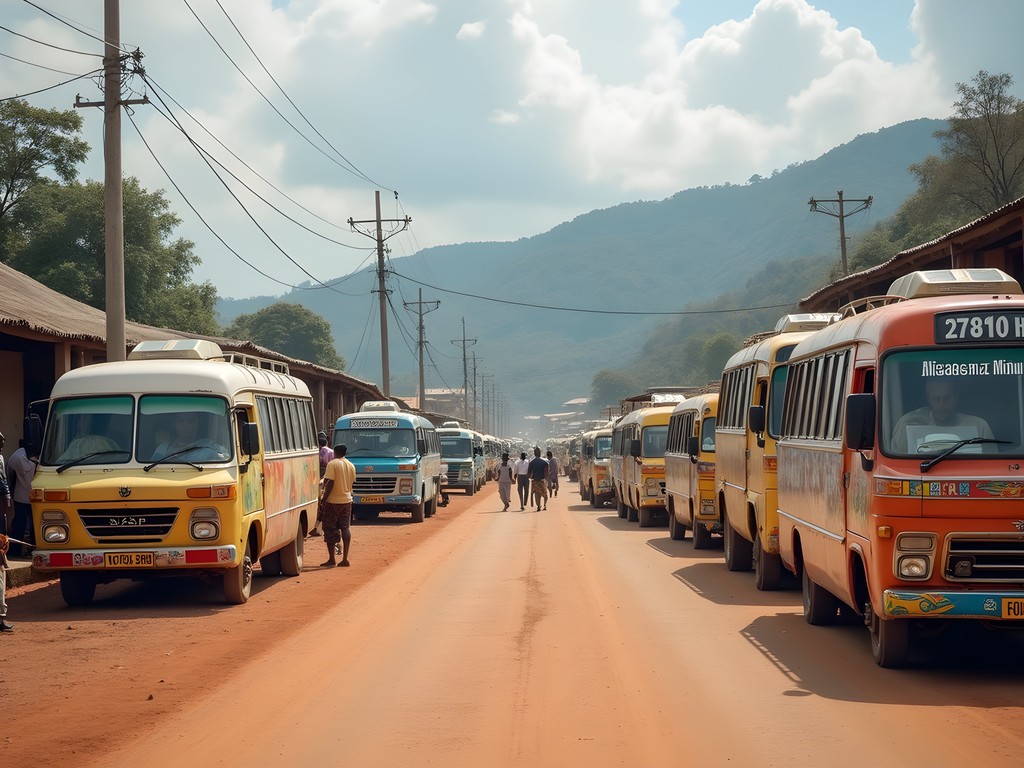
💡 Pro Tips
- Learn basic Kirundi greetings to negotiate better prices with moto drivers
- Travel between 7am-5pm for safety and to avoid paying night-time premiums
- Share transportation costs with other travelers when visiting attractions outside the city
Budget Accommodation: Where to Rest Your Head
Accommodation in Gitega won't drain your wallet if you know where to look. During my stay, I split my time between two budget-friendly options. First was the Catholic Mission Guesthouse (5,000-10,000 BIF/$2.50-$5 per night), which offers bare-bones but clean rooms with shared bathrooms. The peaceful garden courtyard became my morning coffee spot, where I'd plan each day's adventures.
For slightly more comfort, Centre d'Accueil Marthe Robin provides private rooms with ensuite bathrooms for around 20,000 BIF/$10 per night. Both places offer simple breakfasts for an additional fee, but I often opted to grab fresh fruit and pastries from nearby vendors instead.
While hostels with dorm rooms don't exist in Gitega yet, budget travelers can find homestay opportunities through local connections. The National Museum staff occasionally help visitors arrange stays with local families for cultural immersion at minimal cost.
My most valuable accommodation tool was my sleep sack, which provided peace of mind in less pristine bedding situations and kept me comfortable during unexpectedly cool nights in this elevated region.
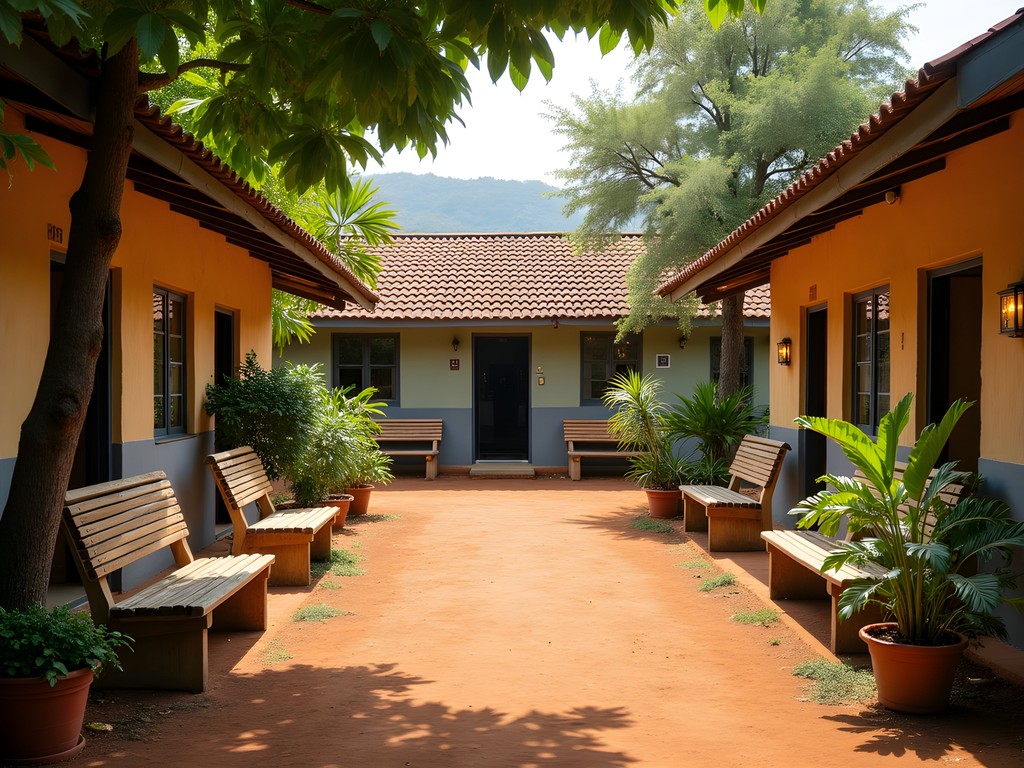
💡 Pro Tips
- Book accommodation directly upon arrival rather than online to secure better rates
- Ask about weekly discounts for stays of 5+ nights
- Pack a headlamp for inevitable power outages
Eating Like a Local: Food Budget Strategies
The mechanics of finding affordable, delicious food in Gitega operates on principles similar to machine tolerances—you need precision and local knowledge. The central market becomes a cornucopia of budget options from around 11am to 2pm daily. For approximately 2,000-3,000 BIF ($1-$1.50), you can feast on ibihaza (pumpkin with beans), isombe (cassava leaves with palm oil), and the ubiquitous ugali (cornmeal porridge).
Street food provides the most economical eating option, with skewers of grilled goat meat (brochettes) for 500-1,000 BIF ($0.25-$0.50) each. My favorite discovery was mandazi, fried dough similar to Mexican sopapillas from my childhood, costing mere pennies and perfect for breakfast or snacks.
For those moments when your palate craves variety, Hotel Tropitel offers simple international dishes for 10,000-15,000 BIF ($5-$7.50)—expensive by local standards but a worthwhile occasional splurge. I'd recommend bringing a water filter bottle to save money on bottled water while protecting yourself from waterborne illnesses. Mine paid for itself within the first three days!
Cooking facilities are rare in budget accommodations, but I found carrying a portable immersion heater invaluable for morning coffee and basic food preparation. The precision engineering of this compact device reminds me of the specialized tools in my machine shop—small but incredibly effective when applied correctly.
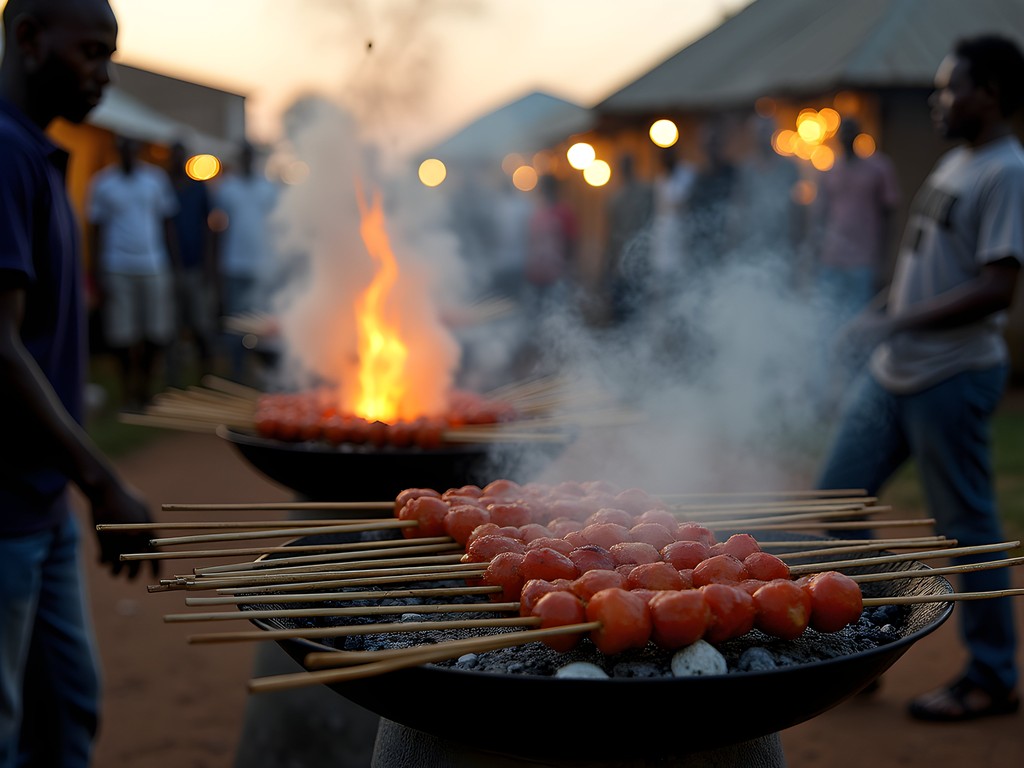
💡 Pro Tips
- Eat where locals gather, not where tourists are directed
- Visit the market around 4pm when vendors offer discounts on unsold produce
- Learn to recognize safe street food stalls (look for high turnover and food cooked fresh in front of you)
Cultural Immersion: Free and Low-Cost Activities
The National Museum of Gitega stands as the crown jewel of budget activities, charging just 5,000 BIF ($2.50) for foreign visitors. The museum houses an impressive collection of artifacts tracing Burundi's pre-colonial history through independence. What fascinated my technical eye was the evolution of traditional tools—the precision of ancient metallurgy techniques rivals modern machining in many ways.
Don't miss the Drum Sanctuary at Gishora, about 7km outside Gitega. The 10,000 BIF ($5) entrance fee includes a mesmerizing drum performance that demonstrates the mechanical synchronicity of Burundi's famous percussionists. The rhythmic precision reminds me of well-tuned industrial equipment—each component perfectly timed and balanced.
For free activities, I spent hours observing artisans in the central market. As someone who shapes metal for a living, watching woodcarvers, basket weavers, and potters apply their craft with minimal tools but maximum skill was both humbling and inspiring. Most artisans welcome observers and appreciate small purchases rather than expecting payment for photos.
Church services at Gitega Cathedral offer another free cultural experience. Even if you're not religious, attending a Sunday service provides insight into how traditional Burundian music has merged with European liturgical traditions. The resulting harmonies are mathematical in their complexity yet accessible in their emotional impact.
For evening entertainment, I found local bars around the central market hosting impromptu music performances. Nursing a 1,000 BIF ($0.50) Primus beer provides hours of cultural immersion. A pocket phrase book facilitated conversations with locals eager to share their stories.
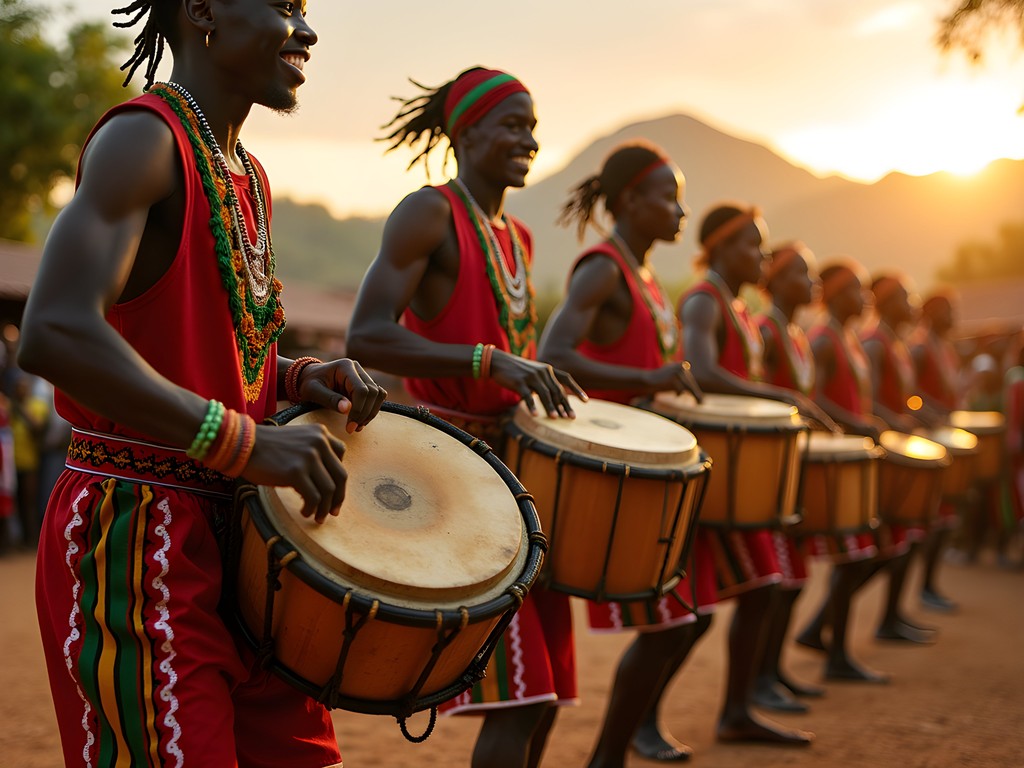
💡 Pro Tips
- Visit the National Museum early on weekdays to potentially receive an impromptu personal tour from knowledgeable staff
- Attend traditional dance performances at the Cultural Center on Saturday afternoons
- Exchange language lessons with university students at local cafés for cultural insights and potential invitations to family homes
Safety and Practical Considerations
Traveling through Burundi requires careful planning and awareness. Political stability has improved, but situations can change quickly. Register with your embassy before arrival and monitor travel advisories. My approach to safety follows the same principles I apply in my machine shop: identify potential hazards, implement preventative measures, and always have contingency plans.
Health precautions are essential. I recommend carrying a comprehensive travel first aid kit with basic medications and supplies. Malaria is prevalent throughout Burundi, so pack plenty of repellent containing DEET and consider bringing a portable mosquito net for accommodations that don't provide them.
Internet connectivity is limited and expensive in Gitega. I purchased a local SIM card from Econet or Lumitel in Bujumbura before heading to Gitega, as options are more limited in the smaller city. My portable power bank proved invaluable during frequent power outages.
Cash is king in Gitega—no ATMs accept international cards. Bring clean, new US dollar bills printed after 2013 (older notes or damaged bills are often rejected) and exchange at banks or bureau de change in Bujumbura before traveling to Gitega. I kept my money secure using a hidden money belt worn beneath my clothing.
The language barrier can be challenging, as French and Kirundi dominate. While some educated Burundians speak English, having a translation app that works offline saved me countless times when my basic French failed me.
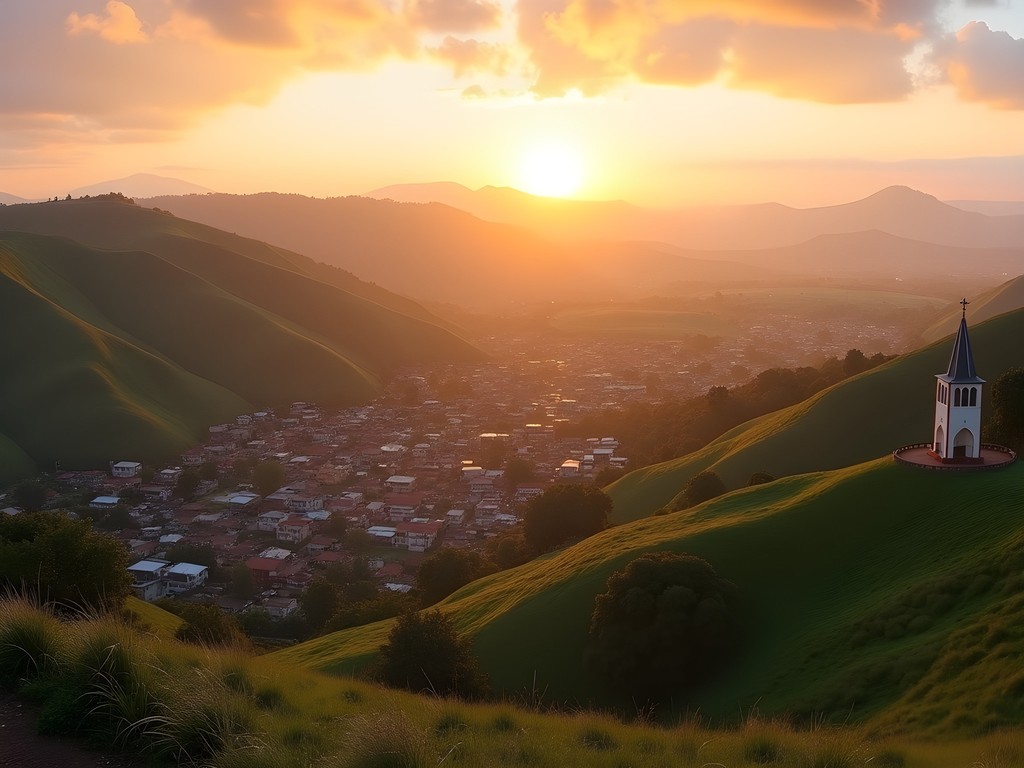
💡 Pro Tips
- Photograph important documents and email them to yourself before traveling
- Avoid taking photos near government buildings or military installations
- Carry a photocopy of your passport while leaving the original in your accommodation's safe or hidden in your luggage
Final Thoughts
As I packed my backpack to leave Gitega, carefully wrapping the small wooden drum I'd purchased from an artisan whose family had crafted percussion instruments for generations, I reflected on how this overlooked destination had revealed itself like a complex mechanical system—each component beautiful in isolation but truly magnificent when experienced as a whole. Burundi's heart beats strongly in Gitega, where cultural richness transcends economic challenges. For student travelers willing to step beyond conventional destinations, this city offers an unfiltered glimpse into Central African life that no classroom could provide.
The precision with which local craftspeople approach their work, the mathematical patterns in traditional music, the careful calibration of ingredients in local cuisine—all remind me that human ingenuity flourishes regardless of economic circumstances. La vida encuentra su camino—life finds its way.
Don't wait for Gitega to appear on trending destination lists. Visit now, while genuine cultural exchange still trumps tourist infrastructure. Your budget will stretch further than you imagined, and the memories you craft will be as precisely detailed as the drums of Gishora. ¡Buen viaje, amigos!
✨ Key Takeaways
- Gitega offers authentic cultural immersion at a fraction of the cost of more touristed African destinations
- Local connections and basic Kirundi phrases will significantly enhance your experience and reduce costs
- The National Museum and Gishora Drum Sanctuary provide exceptional value for budget travelers
- Cash management and health precautions require advance planning
- Political awareness and flexibility are essential for safe travel in Burundi
📋 Practical Information
Best Time to Visit
June to August (dry season)
Budget Estimate
$15-25 per day for budget travelers
Recommended Duration
4-7 days
Difficulty Level
Challenging
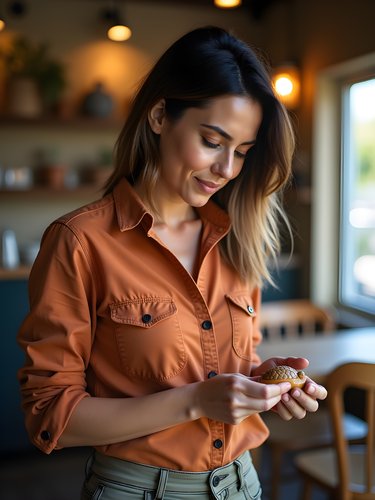
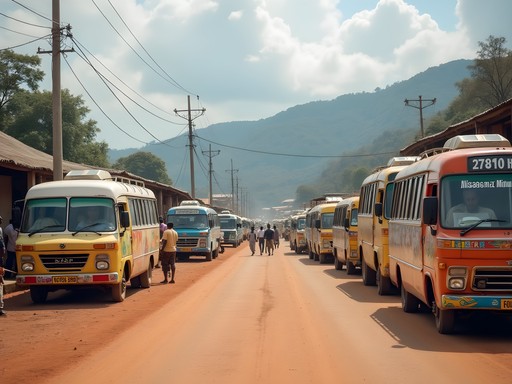
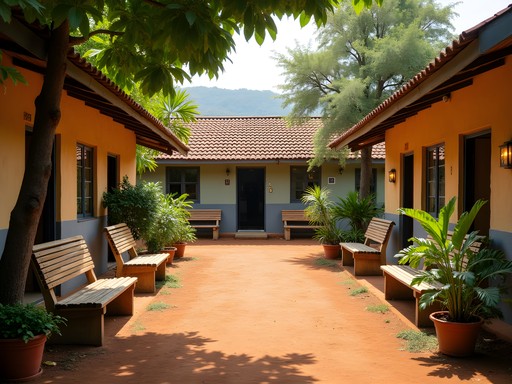
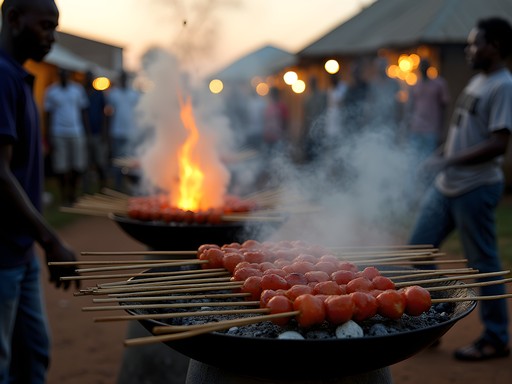
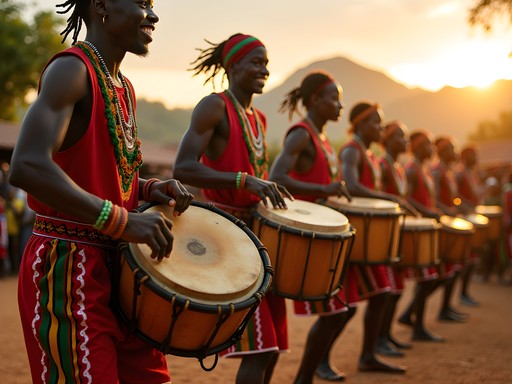
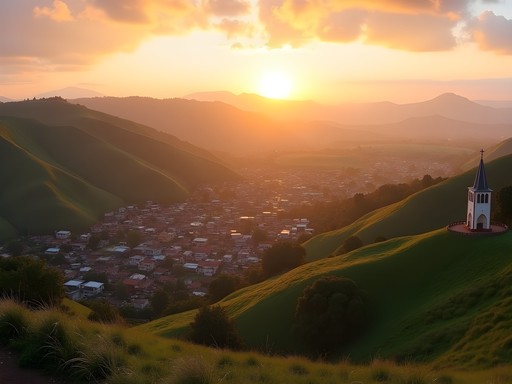


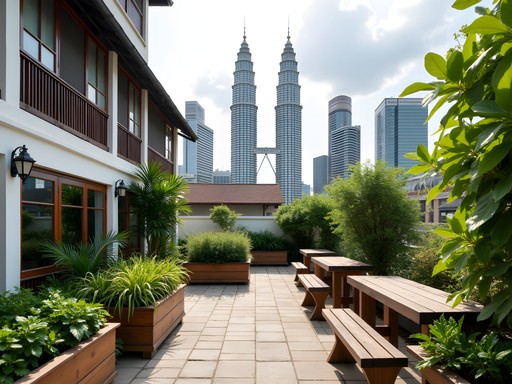
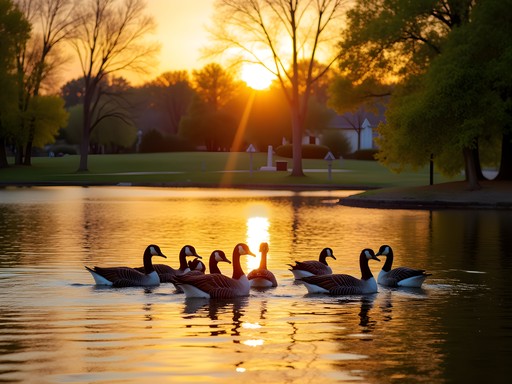
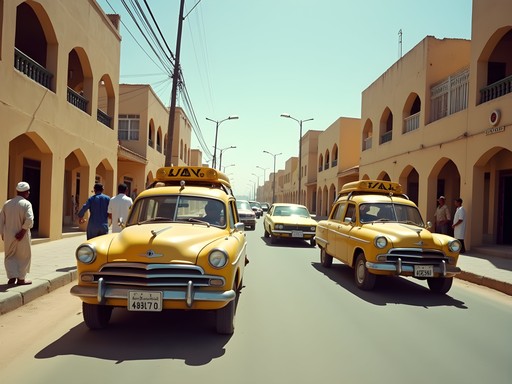
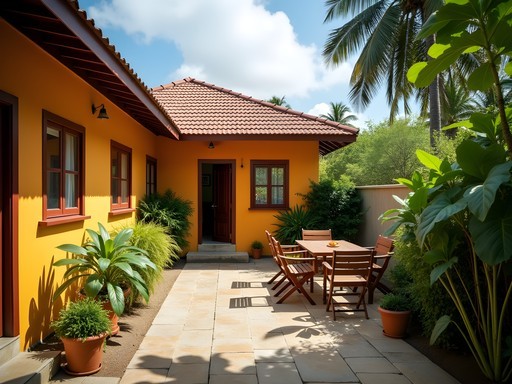
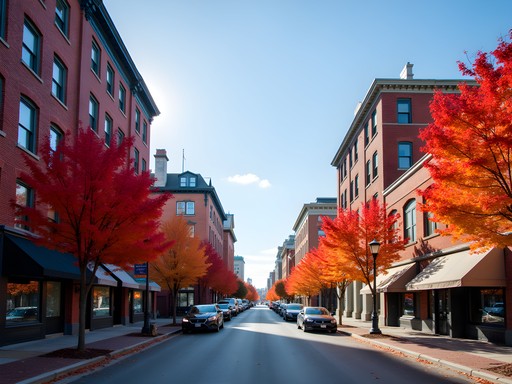
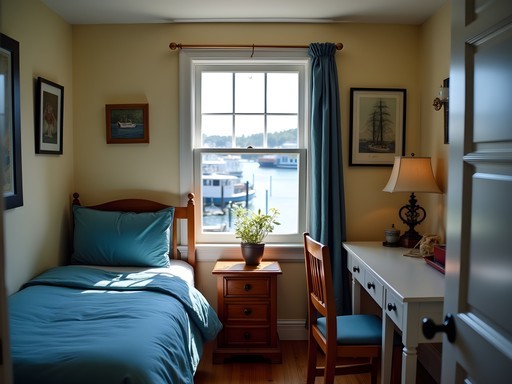
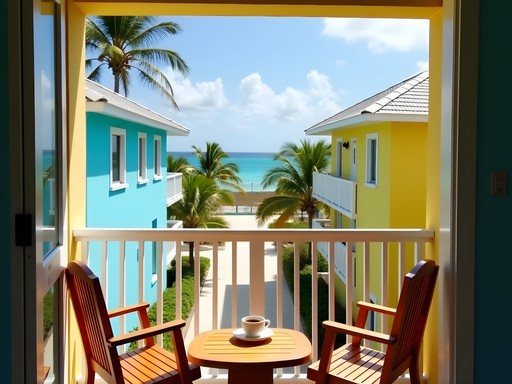
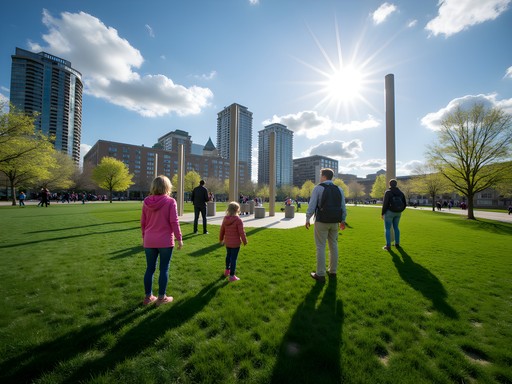
Comments
cityzone
Really cool! Thanks for sharing this.
blueguy
Going there next month! Any tips on changing money? Should I bring USD or euros?
happyguide
USD works better from my experience. Smaller bills are easier to change.
Claire Hawkins
What a wonderful read, Hazel! I love how you connected your metalworking background to the pottery artisans - those little personal touches make travel writing so much richer. I'm curious about traveling there with kids though. We're planning a family trip through the region next year and I'm wondering if Gitega would be suitable for our 6 and 9 year olds? The cultural activities sound fantastic for them, especially the drumming traditions. How's the infrastructure for families - clean water, medical facilities, that sort of thing?
cityzone
I saw families there when I visited. Kids seemed to love the markets.
sunsetfan
Love the market photos!
coffeenomad
This is amazing!! I've been looking for budget guides to East Africa and Burundi barely gets any coverage. The food section especially - those prices are incredible! Adding this to my list for sure.
Hunter Thompson
Brilliant post, Hazel! I was in Gitega last year and your accommodation recommendations are spot on. That guesthouse near the market was an absolute gem - paid about $8 a night and the family running it made the best breakfast. The motorcycle taxis are definitely the way to go for getting around quickly. Did you manage to visit the Gishora Drum Sanctuary? It's a bit outside town but totally worth it for the traditional performances. The artisans there are incredible and you can watch them craft the drums.
blueguy
How safe is it for solo travelers? Thinking about going but bit nervous
Hunter Thompson
I felt really safe there mate. Just use common sense like anywhere - don't flash expensive stuff around and stick to daylight hours for exploring. Locals were super friendly and helpful.
happyguide
Gitega is so underrated! Great tips here.
GlobalNomad
If you're staying more than a few days, the SIM card tip is essential! I paid about $5 for enough data to last my week there. The mobile coverage in Gitega was surprisingly good.
AdventureAwaits
How safe did you feel as a solo traveler in Gitega? Any areas to avoid?
Hazel Hernandez
I felt quite safe overall! Like any city, avoid walking alone late at night. The central market area and main tourist sites are well-populated and I had no issues. The locals were incredibly helpful when I got lost once.
TravelBug92
Love your photos of the market! Those colors are incredible.
Venture X
Premium card with 2X miles, $300 travel credit, Priority Pass